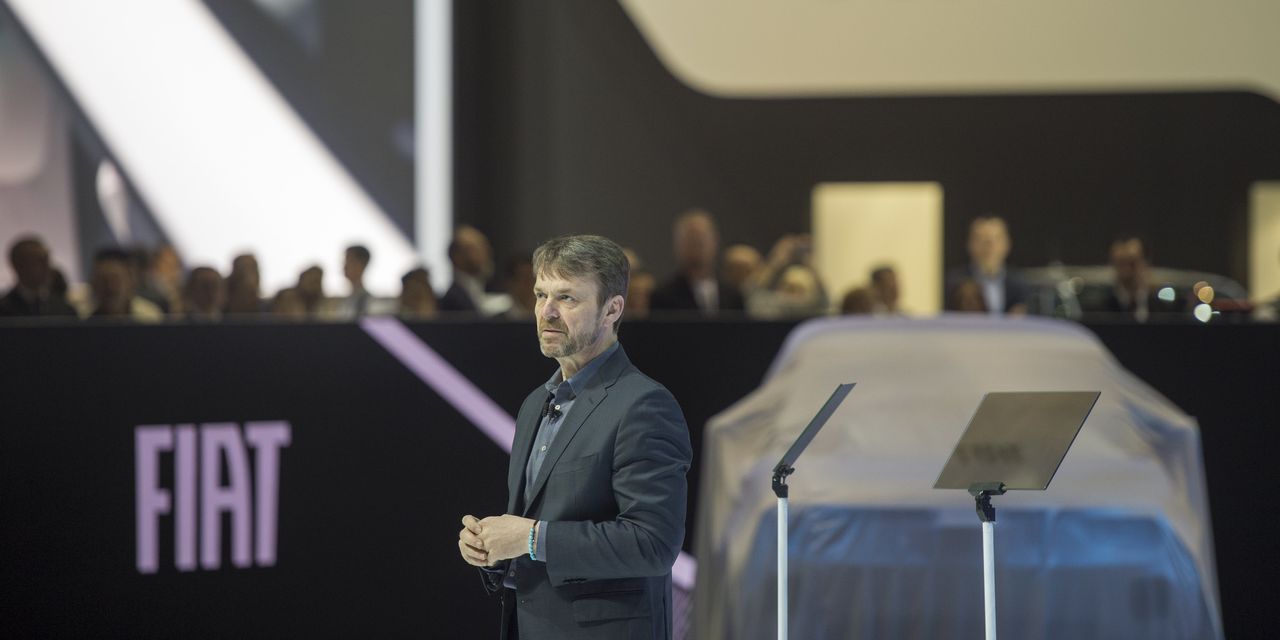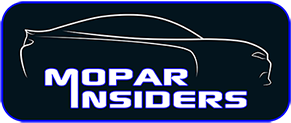According to the Wall Street Journal ("WSJ") , John Elkann has reject the overtures by PSA, and rejected PSA earlier this year around the time of this year's Detroit Auto Show.
John's position on the concept of FCA buying PSA is while the Merger gains scale at the same time creates too much European exposure, and John is a "BEAR" on the long-term potential of the European economy. There do seem to always be some sort of economic turmoil going on in Europe.
John also doesn't want PSA Shareholders as Shareholders of FCA.
However,( base on the WSJ article) John is open to an nearly All-Cash Sale of FCA to PSA.....problem is PSA doesn't have the money for that even with the combine balance sheet of PSA and FCA. PSA only option is some sort of a large outside investor (that would ideally become the largest shareholder) together with tons of debt with PSA going from Net Cash to Net Debt.
As well the debt would be over $60 billion of debt, people can forget about stock dividends.

 www.wsj.com
www.wsj.com
John's position on the concept of FCA buying PSA is while the Merger gains scale at the same time creates too much European exposure, and John is a "BEAR" on the long-term potential of the European economy. There do seem to always be some sort of economic turmoil going on in Europe.
John also doesn't want PSA Shareholders as Shareholders of FCA.
However,( base on the WSJ article) John is open to an nearly All-Cash Sale of FCA to PSA.....problem is PSA doesn't have the money for that even with the combine balance sheet of PSA and FCA. PSA only option is some sort of a large outside investor (that would ideally become the largest shareholder) together with tons of debt with PSA going from Net Cash to Net Debt.
As well the debt would be over $60 billion of debt, people can forget about stock dividends.
Fiat Chrysler rebuffed the overture, as it had previous ones by the French car maker, according to these people. Those approaches haven’t been previously disclosed.
Fiat Chrysler has said for years that it is open to a big deal with another auto maker if it fits the company’s objectives. Executives have balked, though, at a tie-up with Peugeot because it would increase the Italian-American auto maker’s already large exposure to Europe’s mature market, according to people familiar with the matter.
The company’s controlling family, the Agnellis of Italy, is also opposed to a combination with Peugeot that could mean accepting a large proportion of PSA, according to one of these people. Peugeot, which has telegraphed its interest in finding a partner, would likely need to fund any deal in large part with stock in order to keep its debt in check, according to this person. The French auto maker is still digesting its 2017 acquisition of Opel, General Motors Co.’s European business.
Auto-industry consolidation is a perennial theme, with a multitude of brands fighting furiously for customers, especially in mature markets. Auto makers are also under intense pressure to innovate with electric vehicles and self-driving technology, forcing collaboration between traditional rivals to share the investment load.
Sergio Marchionne, Fiat Chrysler’s longtime CEO who died suddenly last year, was himself a high-profile proponent of deal-making, making no secret of his desire to merge his company with GM, only to be spurned.
Executives at Peugeot and Fiat Chrysler are no longer talking, according to people familiar with the matter. Discussions could resume, though neither side has indicated that as imminent, the people said.
Fiat Chrysler declined to comment.
A Peugeot spokesman declined to comment specifically on any approach to Fiat Chrysler. He said the two companies have a joint venture to make commercial vehicles, so executives are talking all the time about collaborations.
A spokesman for the Agnelli family’s holding company declined to comment.
Peugeot Chief Executive Carlos Tavares is eager to expand in the U.S., where the French brand has been absent for almost three decades. He has outlined plans to eventually reintroduce the nameplate in the U.S., but a tie-up with Fiat Chrysler would bring with it wide access to the American market. Fiat Chrysler dealers selling the popular Jeep and Ram brands could potentially offer Peugeot models as well.
A deal would give Fiat Chrysler more exposure to Europe, where Peugeot sold 2.5 million vehicles last year compared with one million for Fiat Chrysler; but the Italian-American company has tried in recent years to lessen its dependence on the continent. A combined Peugeot-Fiat Chrysler would sell almost as many vehicles in Europe as Volkswagen AG, the market leader with a 24% market share.
A combination would also lift Peugeot and Fiat Chrysler in the auto industry’s global league table, offering it scale and potential cost-cutting opportunities. The two companies together sold 8.7 million cars last year, which would have ranked their combination at No. 4, just ahead of General Motors’ 8.4 million vehicles sold.
A combined Peugeot-Fiat Chrysler would still be some distance behind the world’s top three sellers. Volkswagen sold 10.8 million vehicles last year, roughly the same as the alliance between Renault SA, Nissan Motor Co. and Mitsubishi Motors Co. No. 3 Toyota Motor Corp. tallied 10.6 million vehicles.
Richard Hilgert, an auto analyst at Morningstar Inc., said a Peugeot-Fiat Chrysler tie-up would make sense in creating a formidable competitor to Volkswagen in Europe and gaining scale globally. “Where it is lopsided is PSA would get Jeep and Ram, and there isn’t anything comparable on the PSA side that would benefit Fiat Chrysler,” he said
The pursuit of a merger follows Mr. Tavares’s so-far successful turnaround of Opel, which was acquired from GM for more than €2 billion ($2.26 billion). Opel lost more than $20 billion in the previous two decades under GM ownership; in 2018, it reported a 4.7% operating margin, marking its first profitable year since 1999.
Mr. Tavares helped steer Peugeot itself out of trouble. In 2014, the French state and China’s Dongfeng Motor Group Co. each took big stakes in France’s second-largest car company behind Renault, injecting capital in Peugeot as it struggled with steep losses and a then-stagnant European market.
The recent vintage of the turnaround at Peugeot and its purchase of Opel could limit the company’s financial flexibility. The market values of Fiat Chrysler and Peugeot are roughly the same, at about €20 billion ($22.65 billion) each. That would make a mostly cash deal difficult for Peugeot.
Peugeot, After Digesting GM’s Europe Business, Set Sights on Fiat Chrysler
Peugeot maker PSA Group approached Fiat Chrysler earlier this year about combining the two car makers, an overture that was rebuffed.
Last edited:
